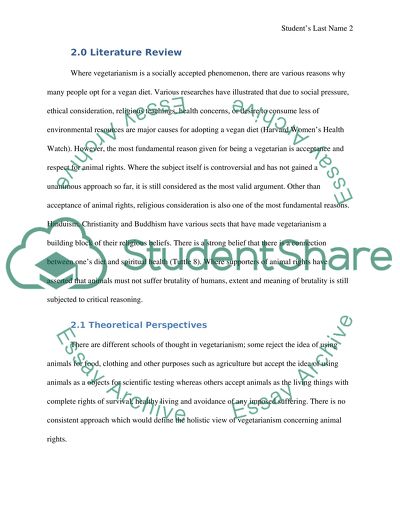Cite this document
(“Vegetarianism - Ethical Grounds, Merits & Demerits Research Paper”, n.d.)
Vegetarianism - Ethical Grounds, Merits & Demerits Research Paper. Retrieved from https://studentshare.org/sociology/1463221-animal-right-research-paper
Vegetarianism - Ethical Grounds, Merits & Demerits Research Paper. Retrieved from https://studentshare.org/sociology/1463221-animal-right-research-paper
(Vegetarianism - Ethical Grounds, Merits & Demerits Research Paper)
Vegetarianism - Ethical Grounds, Merits & Demerits Research Paper. https://studentshare.org/sociology/1463221-animal-right-research-paper.
Vegetarianism - Ethical Grounds, Merits & Demerits Research Paper. https://studentshare.org/sociology/1463221-animal-right-research-paper.
“Vegetarianism - Ethical Grounds, Merits & Demerits Research Paper”, n.d. https://studentshare.org/sociology/1463221-animal-right-research-paper.


